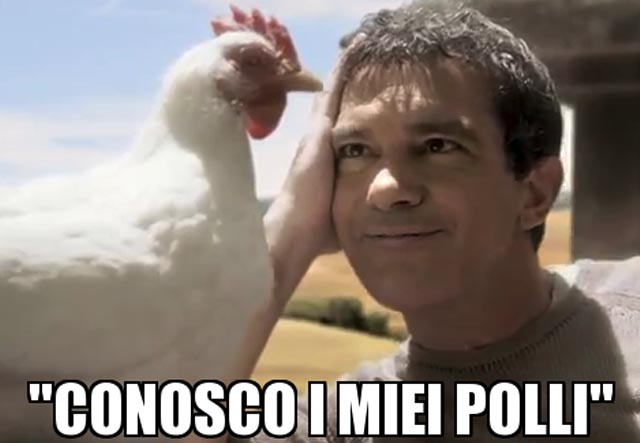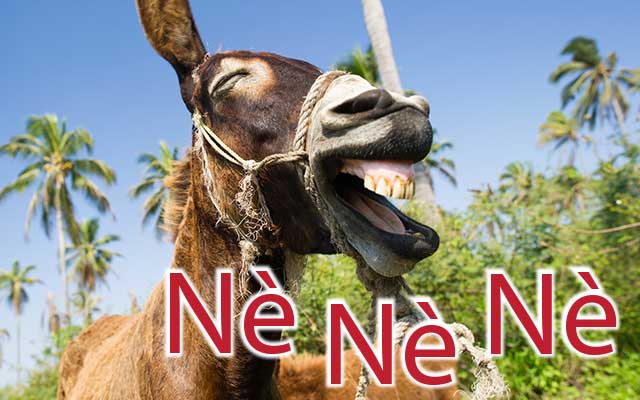
SAPERE O CONOSCERE: Sai la differenza?
SAPERE OR CONOSCERE: Do you know the difference?
Conosci la differenza tra SAPERE e CONOSCERE?
Do you know the difference between SAPERE and CONOSCERE?
In italiano, entrambi significano: to know. Tuttavia, c’è una grande differenza nel modo in cui vengono utilizzati e nel contesto in cui si applicano. Oggi la mia amica Roberta di Firenze passa dal blog per darci una breve lezione e spiegare la differenza tra SAPERE e CONOSCERE.
In Italian, they both mean “to know.” However, there is a big difference in how they are used and in the context in which they apply. My friend Roberta from Florence stops by the blog today to give us a short lesson and explain the difference between SAPERE and CONOSCERE.

Sapere: Informazioni, fatti e abilità
Sapere: Information, Facts, and Abilities
In generale, si usa “sapere” per / In general, “sapere” is used to:
Conoscere informazioni precise.
Express precise information.
Descrivere un fatto o una situazione.
Describe a fact or situation.
Esprimere la capacità di fare qualcosa (spesso seguito da un verbo).
Indicate the ability to do something (often followed by a verb).
Sai nuotare?
Do you know how to swim?
Sai che ore sono?
Do you know what time it is?
Sai dove si trova “via Garibaldi”?
Do you know where “via Garibaldi” is?
Sai che tra una settimana partirò per il Marocco?
Do you know that in a week I’ll leave for Morocco?
Sapere in the past tense is used to describe information
received, similar to the English “Have you heard?”
Hai saputo che Marco si licenzierà il prossimo mese?
Did you hear that Marco is quitting his job next month?
Conoscere: Persone, luoghi e familiarità
Conoscere: People, Places, and Familiarity
In generale, si usa “conoscere” per / In general, “conoscere” is used to:
Esprimere la conoscenza o familiarità con persone, luoghi, o città.
Express knowledge or familiarity with people, places, or cities.
Seguire un sostantivo.
Be followed by a noun.
Esprimere la capacità di fare qualcosa (spesso seguito da un verbo).
Indicate the ability to do something (often followed by a verb).

Espressioni comuni: Conoscere i miei polli
Common Expressions: Conoscere i miei polli
Una delle mie espressioni preferite è: “Conosco i miei polli.” Significa conoscere bene una situazione o una persona.
One of my favorite expressions is: “Conosco i miei polli.” It means to know a situation or person very well.
Risorse per approfondire
Resources for Further Learning
Guarda questo video della mia amica e insegnante Serena per imparare a coniugare “conoscere” e “sapere”:
Watch this video by my friend and teacher Serena to learn how to conjugate “conoscere” and “sapere”:
More about Sapere and conoscere
Una pausa musicale: Max Pezzali e “Non io so”
A Musical Break: Max Pezzali’s “Non io so”
Ora che abbiamo finito la lezione di grammatica, è tempo di rilassarsi! Ascolta “Non io so” di Max Pezzali mentre assimili tutte queste informazioni su conoscere e sapere.
Now that we’ve wrapped up the grammar lesson, it’s time to relax! Listen to Max Pezzali’s “Non io so” while soaking in all this information about conoscere and sapere.











Cara Melissa
Malgrado avendo letto i tuoi blog, so che, sfortunatamente, non ti conosco da vero, bocc’ a bocca, pett’ a petto. Carlo